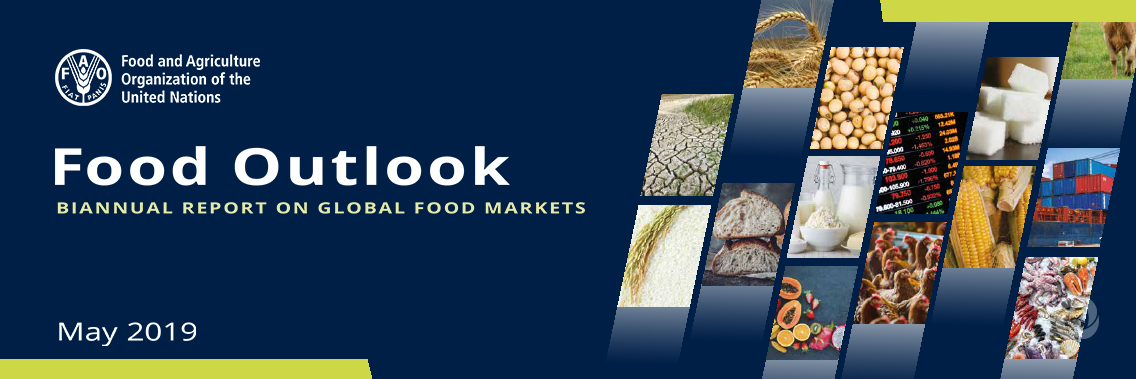The global food import bill is likely to decline in 2019, but the poorest and most vulnerable countries will not be the prime beneficiaries, according to a new UN report.
FAO’s latest Food Outlook projects worldwide food imports to drop 2.5 percent in 2019 to US$ 1.472 trillion.
The lower costs would be enjoyed mostly by developed countries, while the import bill for sub-Saharan Africa is expected to rise. And while lower unit costs of food imports suggest that more food could be purchased for the same amount of money, that gain is cancelled out in almost all the Low-Income Food-Deficit Countries, whose currencies are weakening against the U.S. dollar, the primary unit in international trade transactions.
Coffee, tea, cocoa and spices account for almost half the predicted decline, while the bills for sugar and cereals – despite declining international prices for the latter – would be broadly unchanged. Better news for vulnerable countries is the anticipated lower bills for vegetable oils, which typically are major imported items for them.
Published twice a year, FAO’s Food Outlook assesses market and production trends for an array of foods including cereals, fish, sugar, oilcrops, milk and meat. The current edition also has special reports on the global impact of the spread of African Swine Fever and the outlook for banana, avocado and other tropical fruit exports from the Latin American and the Caribbean region.
Read and download the FAO’s Food Outlook
Original source: FAO
Published on 09 May 2019

